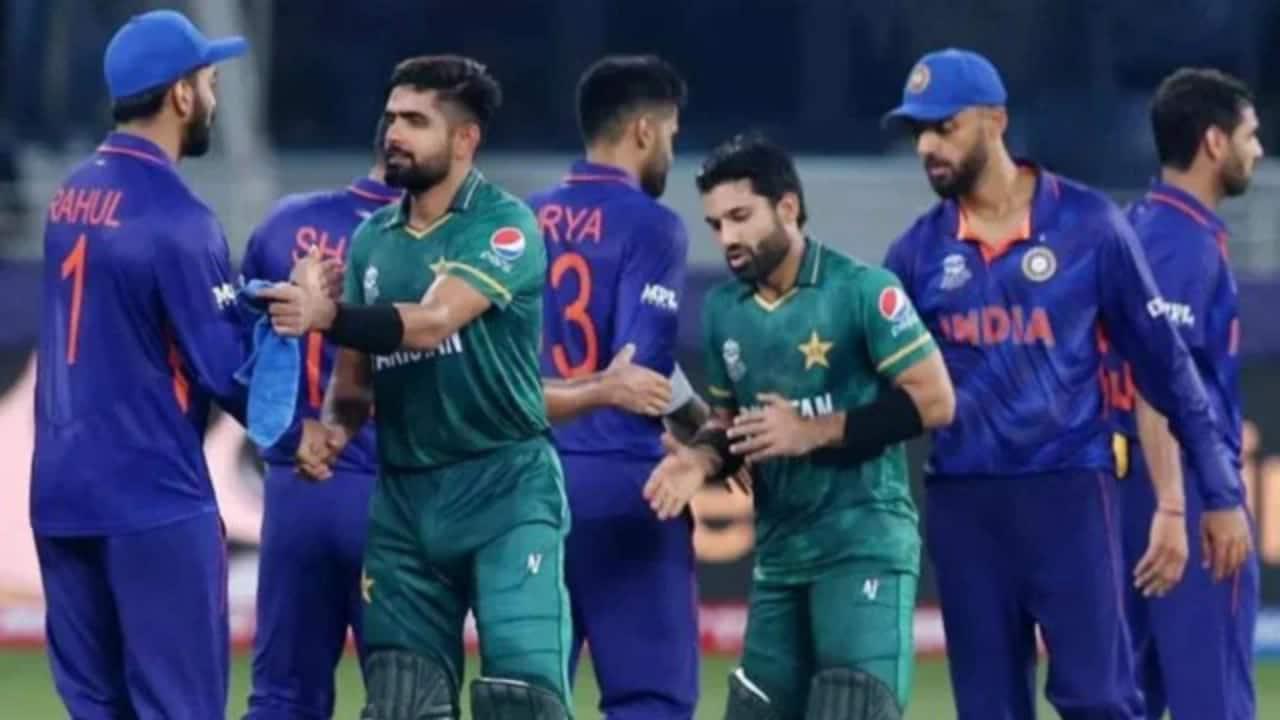Key Highlights
The decision to host the Asia Cup 2025 in the United Arab Emirates from September 9 to 28 reflects India’s broader sporting calendar considerations, prioritizing preparation for the 2026 Olympic Games over traditional cricketing rivalries or sentimental factors
As per reports, the tournament features eight teams, including India and Pakistan likely to be in the same group, with a hybrid hosting model allowing matches to be held in the UAE despite India’s nominal hosting role
India’s cricket board (BCCI) is balancing the Asia Cup schedule to complement key global cricket events and India’s participation in the forthcoming Olympics, emphasizing athlete workload management and multi-sport national priorities
The Asia Cup’s T20 format serves as a critical preparatory event for the Indian cricket team ahead of the 2026 ICC T20 World Cup, fitting strategically into the players’ calendar alongside Olympic-related training and commitments
Officials and cricketing administrators stress that beyond cricket fandom and historic rivalries, the timing and location decisions arise from pragmatic sports management, addressing international sporting commitments and security considerations
Strategic Context Behind Asia Cup 2025 Scheduling
The Asia Cup 2025, slated for the UAE from September 9 to 28, gathers eight national teams competing in the T20 format. While India is officially the tournament host, the decision to hold the matches in the UAE stems from a hybrid hosting arrangement to navigate geopolitical and logistical challenges, notably ensuring India-Pakistan clashes occur without venue tensions. This approach aligns with India’s broader strategic planning to focus sports resources on the 2026 Olympic cycle.
India’s Olympic ambitions in 2026 are shaping the country’s sports administration outlook, where overseas cricket tournament scheduling carefully accounts for multi-disciplinary preparation and athlete health. Cricket’s governing bodies, led by the BCCI, collaborate with national sports authorities to orchestrate a calendar that ensures peak performance at both cricketing and Olympic disciplines. Time-sensitive overlaps between international cricket fixtures and Olympic training modules necessitate such calibrated scheduling.
Balancing Cricket and Multi-Sport National Priorities
The Asia Cup acts as a benchmark for Indian cricket’s T20 squad ahead of the 2026 ICC T20 World Cup, demanding high intensity and competitive exposure without clashing with Olympic prep schedules
Factors influencing venue choice include logistical convenience for players, security protocols considering India-Pakistan matches, and sufficient recovery intervals for key athletes engaged in dual-sport training regimens
The BCCI’s careful planning ensures that fixtures against traditional rivals like Pakistan proceed smoothly, reinforcing sports diplomacy while avoiding disruptions to India’s overarching sports performance strategy
Tournament Structure and Preparatory Significance
Teams are divided into two groups with India and Pakistan likely sharing a group, highlighting the event’s marquee clash despite venue neutrality
The format includes the group stage, Super Four, and final, with matches played at iconic UAE cricket grounds equipped for international standards
Asia Cup 2025 serves dual aims: sharpening India’s T20 squad for global championships and optimizing player availability and fitness in line with India’s wider multisport calendar
The Decision’s Reception Among Cricket and Sports Fans
While cricket purists may yearn for traditional hosting venues and conditions, the pragmatic approach to the Asia Cup signals a move beyond cricketing sentiment towards integrated sports governance. Analysts note the significance of balancing emotional fan expectations with the realpolitik of sports diplomacy, security, and India’s elite athlete management. The compromise benefits the national sporting ecosystem, harmonizing cricket’s prominence with India’s ambitious Olympic goals.
Looking Ahead: Implications for Indian Sport
The Asia Cup scheduling and venue strategy underscore India’s maturing sports ecosystem, where cricket does not operate in isolation but as part of a holistic approach to international sporting success. Lessons from Asia Cup 2025 could inform future multi-tiered event planning, stakeholder coordination, and athlete-centric calendar formulation, ensuring India remains competitive on both cricket pitches and Olympic arenas.
In conclusion, India’s Asia Cup 2025 arrangements prioritize a wider national sporting vision, with Olympic ambitions driving key decisions around venue and timing. This approach reflects a modern, multifaceted sports administration balancing tradition, competition, and forward-looking excellence across disciplines.
Sources: Times of India, Economic Times, Wisden






